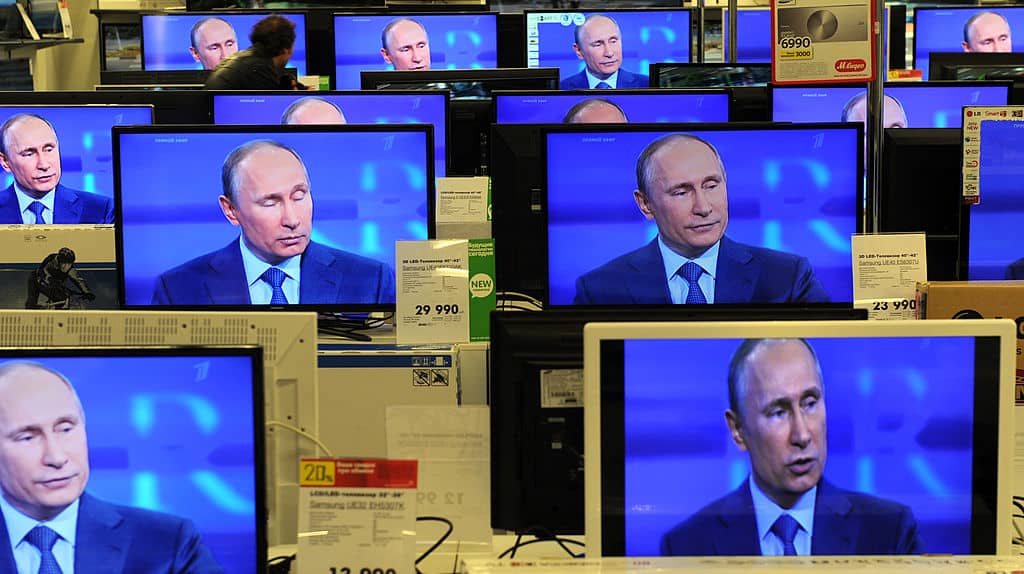‘The truth is with us,’ said Vladimir Putin in a speech after the Ukrainian regions of Luhansk, Donetsk, Zaporizhzhia and Kherson ‘voted to rejoin’ Russia on 30 September. ‘And the power is in truth, and that means we will be victorious.’
Putin’s harping on ‘truth’ – even as he annexed four regions of Ukraine following referenda almost universally believed to be shams – has strong roots in Russian culture. Historically it has never been hard to sell the Russian people notions of their own rectitude, even at their darkest moments. The Russians, this world view assumes, are a uniquely spiritual people and incapable of actual malice – whatever they do – towards their neighbour countries. This idea dates back at least as far as Dostoyevsky, with his insistence that – unlike a fragmented and morally nebulous west – Russians had ‘a gift for humanity’ and a sympathy ‘with all that is human regardless of blood, nationality and soil.

Britain’s best politics newsletters
You get two free articles each week when you sign up to The Spectator’s emails.
Already a subscriber? Log in






Comments
Join the debate for just £1 a month
Be part of the conversation with other Spectator readers by getting your first three months for £3.
UNLOCK ACCESS Just £1 a monthAlready a subscriber? Log in